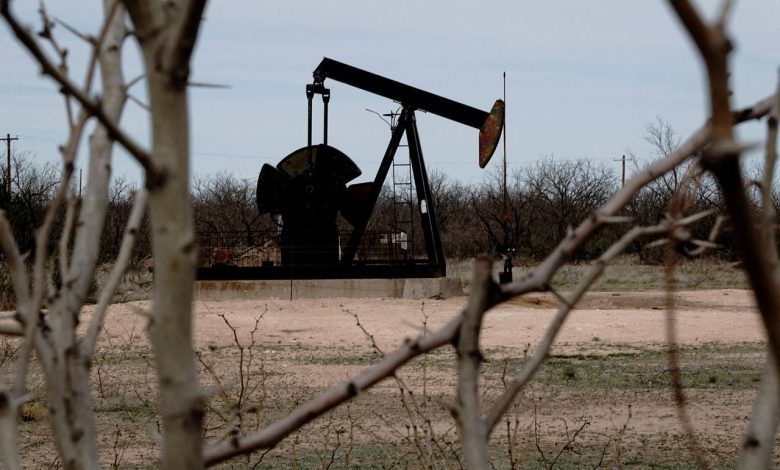Oil settles up, weekly gain 4% as investors weigh Middle East risk and US election

Oil prices settled higher on Friday (Oct 25) and gained 4 per cent on the week, with investors taking stock of the ongoing conflict in the Middle East as well as the US election next month.
Brent crude futures settled up US$1.67, or 2.25 per cent, at US$76.05 a barrel. US West Texas Intermediate (WTI) crude settled up US$1.59, or 2.27 per cent, at US$71.78.
Brent settled 4 per cent up on the week, while WTI settled 3.7 per cent higher on the week.
“Really it seems like the market is bouncing around in a holding pattern till we get an answer to some of these questions on Israel, the war and the election,” said Phil Flynn, senior analyst at Price Futures Group.
“The election is creating uncertainty in a lot of markets and people are pulling in their horns a little bit, not ready to be making big commitments because of the potential for spikes, volatility and uncertainty,” Flynn added.
Investors globally are piling into the US dollar and betting on rising volatility ahead of these next crucial two weeks leading up to the Nov 5 election in the US, as well as an election in Japan, and three major central banks deciding on interest rates and the UK government presenting its new budget.
BT in your inbox

Start and end each day with the latest news stories and analyses delivered straight to your inbox.
Both benchmarks have fluctuated this week, rising on Monday and Tuesday before falling on Wednesday and Thursday, largely on expectations of heightened or reduced Middle East risk.
“Geopolitics is the leading force today that we are seeing, otherwise we are just waiting to see what happens with the (US) election, and what direction that will push markets in,” said Tim Snyder, chief economist at Matador Economics.
An Israeli strike killed three journalists in south Lebanon on Friday, Lebanon’s health ministry said, and the UN refugee agency warned that Israeli airstrikes on a border crossing with Syria were hindering refugees trying to flee the war.
US Secretary of State Antony Blinken said there was a sense of urgency in getting to a diplomatic resolution to end the conflict in Lebanon between Israel and Iran-aligned Hizbollah, while calling for the protection of civilians.
US and Israeli officials are set to restart talks for a ceasefire and the release of hostages in Gaza in the coming days.
Investors continue to await Israel’s response to an Iranian missile attack on Oct 1. A response could involve strikes on Teheran’s oil infrastructure, though media reports last week said Israel would strike military rather than nuclear or oil targets.
Elsewhere, traders are also seeking more clarity on China’s stimulus policies, though analysts do not expect such measures to provide a major boost to oil demand.
Goldman Sachs on Thursday left its oil price forecasts unchanged at between US$70 and US$85 a barrel for Brent in 2025, expecting the impact from any Chinese stimulus to be modest relative to bigger drivers such as Middle East oil supply.
Bank of America is forecasting Brent crude to average US$75 a barrel in 2025 without any rolling back of Opec+ production cuts into next year, it said in a note on Friday. REUTERS

